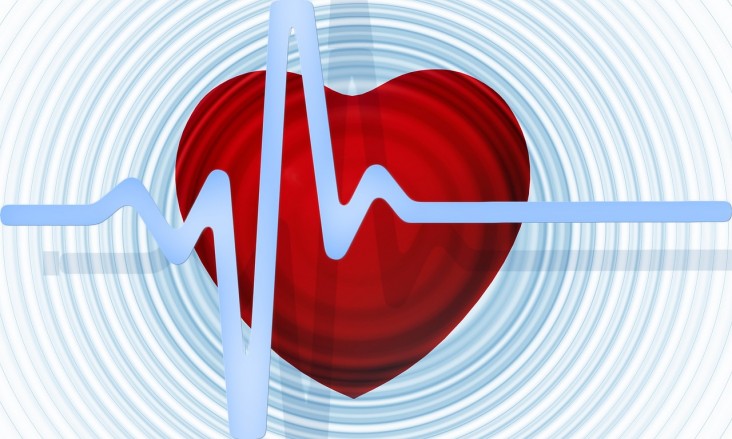Cardiovascular disease is defined as any disease that affects our heart as well as the vessels that supply blood to our entire body. It includes such things as high blood pressure, arrhythmias, heart attacks as well as stroke. The basis for most cardiovascular disease is Atherosclerosis which in simple term means a thickening of the walls of the vessels that supply blood to all parts of our body. This thickening can start at an early age and symptoms are only noticeable when the hardening becomes severe and affects our heart (leading to heart attack) or our brain (leading to stroke). However, this hardening, even when not severe can affect our overall health by reducing the blood supply and hence the nutrient supply to our vital organs.
Although there is a genetic component to atherosclerosis, it’s mainly a lifestyle disease which means there is a lot we can do to reverse atherosclerosis. Here are a few things you can add to your diet on a regular basis to protect your heart.
Researchers have shown that walnuts reduce the risk of heart attacks. Almonds are rich in magnesium and magnesium regulates the heart rhythm so ensuring an adequate amount of magnesium in your diet will keep your heart beats regular.
High levels of homocysteine (an amino acid) in the blood increases the risk of heart disease. A homocysteine lowering formula containing Vitamin B6, Vitamin B12 and folic acid is a good idea to have if you have been diagnosed with a heart condition.
Omega 3 ( good fat) found in high amount in oily fishes like salmon and mackerel is anti-inflammatory and has been found to lower the risk of heart disease. Eating fish or supplementing with a good quality omega 3 fish oil will protect your heart and vessels.
Coenzyme Q10 is naturally produced by our body and plays an important role in all muscle cells especially the heart muscles. Cholesterol lowering medications block the production of Coenzyme Q10 by our body making us more vulnerable to heart muscle damage therefore supplementation is crucial if on a cholesterol lowering medication.
Eat foods rich in antioxidants. Most brightly coloured fruits and vegetables contain lots of antioxidants. Other examples are goji berries and cocoa nibs which are delicious sources of heart protective antioxidants.
Aziza Amarshi, RPh, RHN

